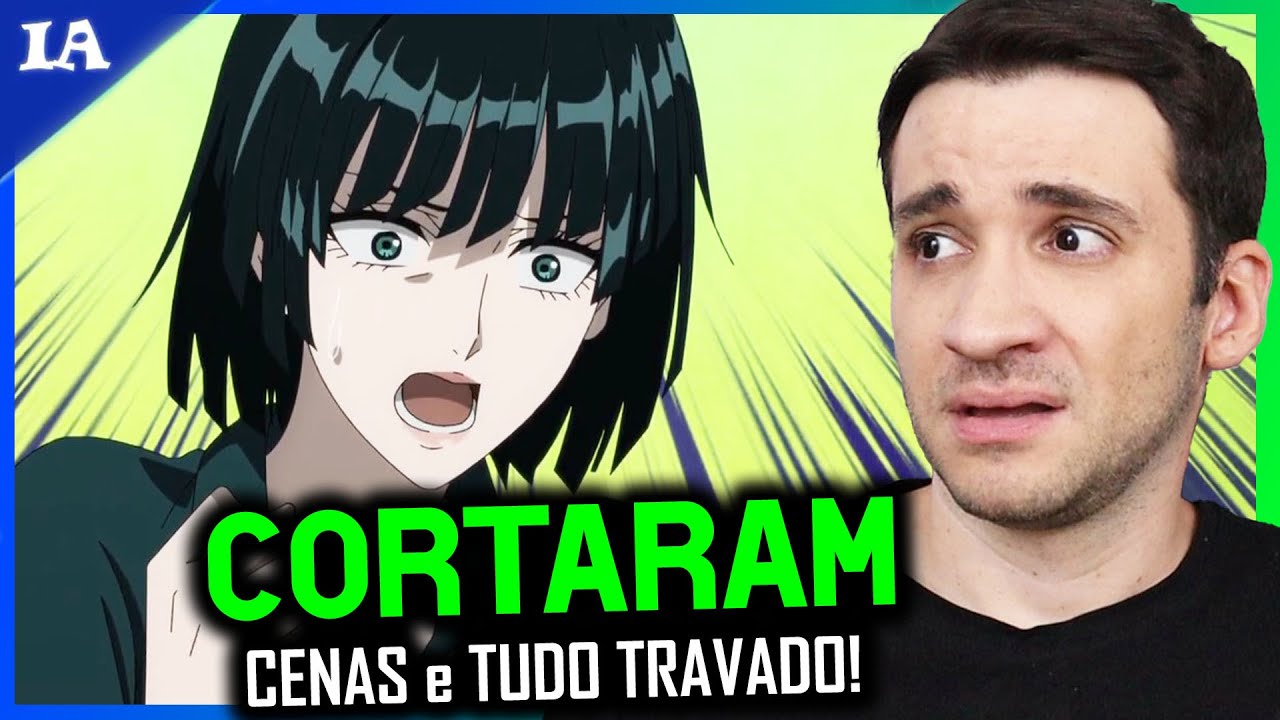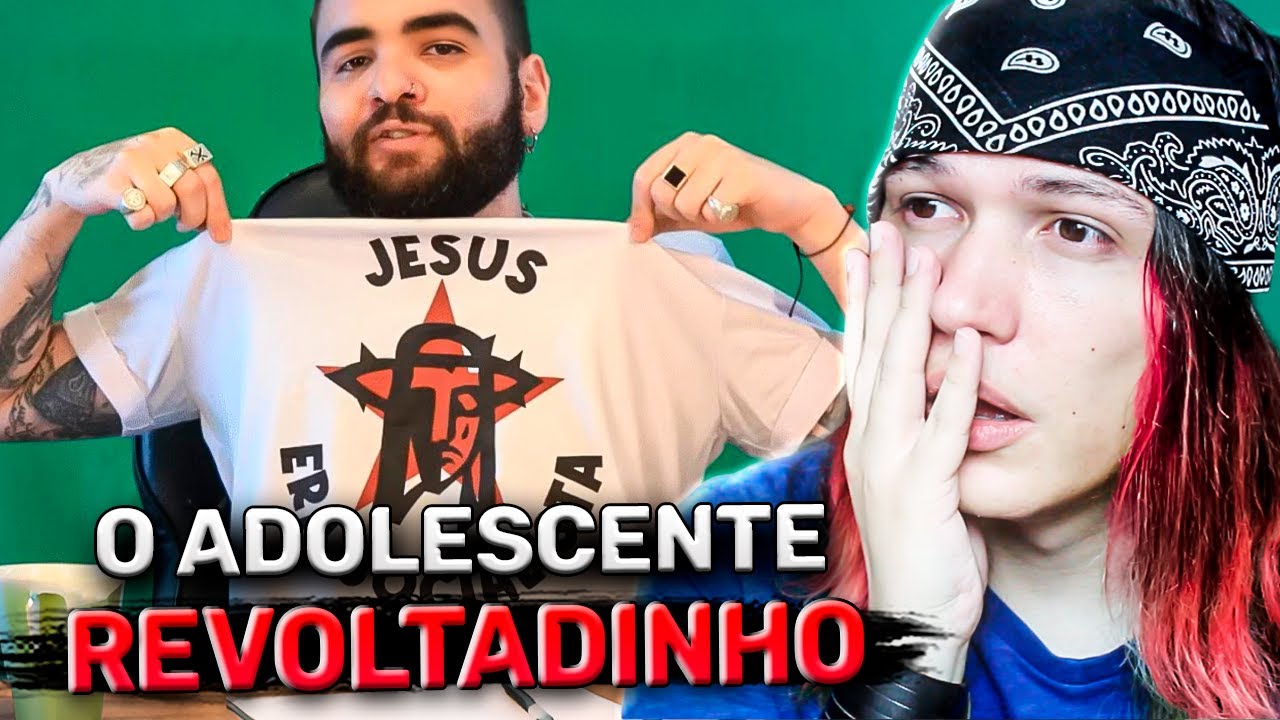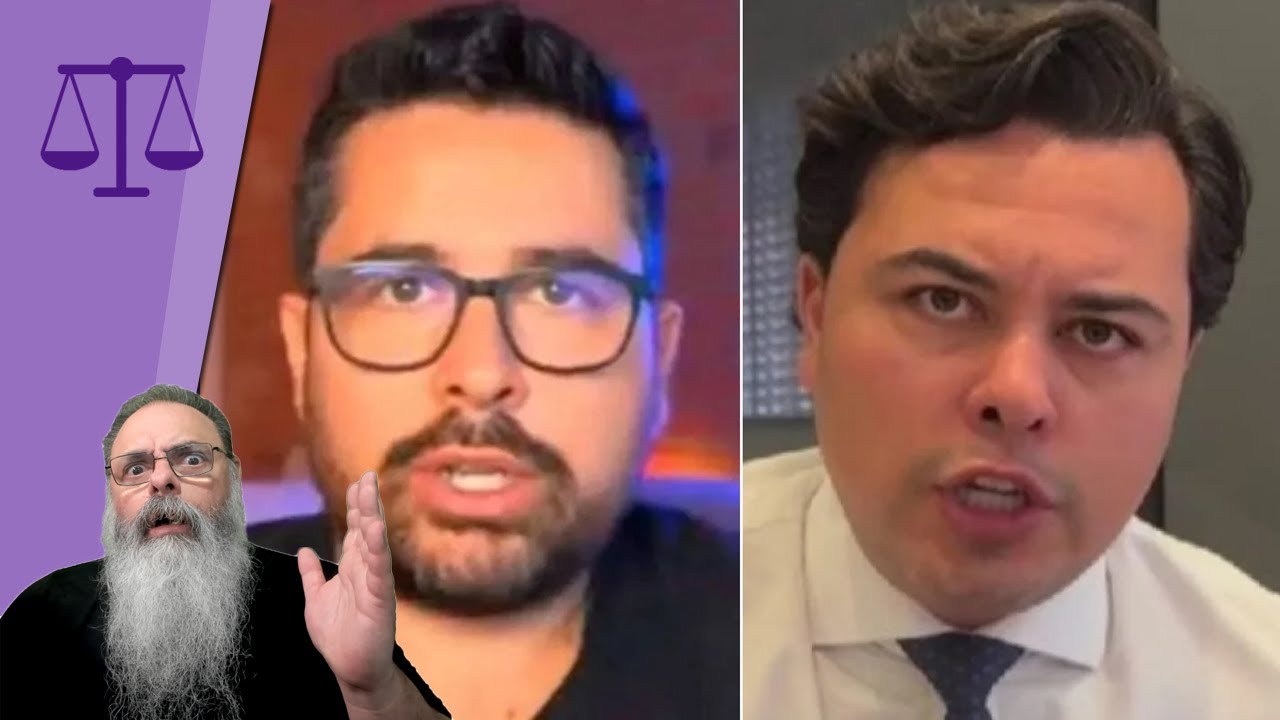COMO É O DÍZIMO NO JUDAISMO? O que a bíblia diz sobre o dízimo?!
0Shalom and welcome back to Israel with Aline! We are in Jerusalem and the subject today is tithing in Judaism, how it is practiced nowadays and also in biblical times. And to help us answer all this, we invited a Brazilian rabbi. So if you are ready, let’s get started! We are now in Jerusalem, in the neighborhood of Nachlaot, in front of a synagogue. And we can see here a little charity or tithe box. And as you can see, there is more than one place to put the money, and this also shows that in Judaism this subject is super interesting and super complex! What we are going to talk about today, folks is about Judaism, I know that different communities, different churches have different customs, but today we are going to talk about Judaism with Rabbi Rony Gurwicz, from the Contrast channel. Welcome, thank you very much for being here with us today. [Rabbi Rony] Thank you, Aline, it is a pleasure, a joy to be with everybody and with you. So the first question I want to ask you is what is Maaser, what does the word mean? [Rabbi Rony] The word Maaser in Hebrew, we translate as tithe, but why? Because Maaser is Me eser – out of ten, one out of ten, so it is right. So tithing in Hebrew, we call it Maaser, and what does the Torah, what does the Hebrew Bible say that you have to give, how does it work? [Rabbi Rony] In the Hebrew Bible tithing is related only to agricultural production, to fruits, vegetables, etc. So the person who produced, the farmer, he had to give a part of his production to certain people. There was the part that was given to the priests and there was the part that was given to the poor, which is what we call tithes. Well, nowadays most people are not farmers, and not even in Biblical times, everybody was. How does the question of tithing work for those who are not a farmer, for those who do not have fields and crops? [Rabbi Rony] Fantastic, because there is really an obligation for the human being to think about his neighbor, so the idea of tithing was imported from the agricultural part to the monetary part, to the person’s salary, so that he can know in advance what part of what he has, he will allocate to social causes. As you so well explained, the tithe is the ten percent. The obligation is to give everything that is agricultural, but there is a Jewish tradition that also speaks of giving from the salary and other things. But in practice, how is this ten percent calculated? [Rabbi Rony] Great question! So, the calculation of the tithe is not from the gross income that you have. So, if you imagine that you earn one thousand two hundred dollars per month, but in your bank account, after paying taxes and so on, one thousand dollars left, then the tithe is one hundred dollars. And this tithe, we are very careful, even to the cents, to be exactly ten percent of our income. And if by chance someone wants to give more than ten percent, has calculated the ten percent down to the pennies and wants to give more, or the opposite, someone who cannot afford to give ten percent, how does it work for these people? [Rabbi Rony] First of all, for the person who wants to give more, congratulations! It is very nice, it is a person who is very generous in heart and knows the difficulty of other people. So, this person should do the following, ten percent for sure, that’s his tithe. But beyond that, what goes beyond that is called Tzdaka; charity, social justice, do you get it? If it is less, too. In other words, the person doesn’t fall into the tithing category, he is giving Tzdaka, he is doing social justice, charity. So, in reality, in Judaism we have two concepts: we have tithing, which is Maaser, and Tzdaka, which is social justice. What is the difference between the two? [Rabbi Rony] So in relation to who you are going to tithe to, or the social justice, the Tzdaka; there is no difference, the difference is really the amount. Tithing is exactly ten percent of your net income. Tzdaka, as we said before, can be more or less. It is interesting that there are several Bible passages that deal with the subject of tithing; for example, in Malachi three ten, where a promise is written there that the person who tithes constantly, God will bring an abundance so great that the person will get tired and say “enough, enough, it’s already too much”. This promise exists with regard to tithing according to Jewish tradition. The Tzdaka, social justice is a super important precept, but this promise only appears in tithing. Let’s talk a little more about Tzdaka, about social justice, how can we give it, does it have to be in money? [Rabbi Rony] To start Aline, congratulations, you have done a very good translation, because Tzdaka comes from the word Tzedek, which means Justice. Many people think of it as a charity, and the charity has that business: “wow, I am superior and I am giving to someone else”. The divine vision is not that. God gives you a blessing, for you to help other people with it, make this justice. It’s a justice that doesn’t depend on the government, it doesn’t depend on anybody. It is something that comes from your heart. As it is written in the Bible, it is you opening your hand to the person who is in need. To whom can I give? In the Jewish tradition, we can give to the poor, we can give to people who have difficulty buying medicine people who need any kind of assistance, even psychological. And a very interesting thing is that we also value the social justice of helping to give access to spirituality to those who cannot. So, in Judaism, there is a lot of this idea of donations to houses of Jewish studies. So, in reality Tzdaka can be money, you can also donate your time, you can also not necessarily give money to the person, but pay for the person’s study, I mean, Tzdaka has a very, very wide range of options. [Rabbi Rony] So one has to use this social justice with intelligence, with wisdom. Sometimes an hour with a lawyer is much easier for him to give, and for the person who receives it, it is much more precious! He wouldn’t have such a good and sometimes so cheap service. So the person can give what he has best. He can give the money, he can give the food, he can give the service, he can give his time. The Tzdaka, the social justice as we were talking about, one can give time, we can give money, can give food, we can pay for someone else’s study, I mean, there are many options of how to give. And for whom to give too, I mean, you can give to people in need, to synagogues, to charities, there are many different ways of giving, even if you can give to people in need in your own family. And now, this means that since Tzdaka has so many different types of it, it means that we also have levels. There is a very important rabbi, who is called Maimonides, who will talk about the eight levels of Tzdaka, the eight levels of social justice. The greatest of them all, number one, what is it? It is social justice that you help a person to support himself. It’s what we say in Portuguese: don’t give the fish, but teach how to fish. So when you go, and you help the person to grow, and he won’t need charity anymore in the future. The second level is that you don’t know to whom you are giving, and neither does the receiver know who received it. So it is a completely secret donation, and why is this cool? Because you can’t feel that pride the rabbi is talking about. “I gave it”, you can’t physically see who you gave it to, and also the person who receives it doesn’t know who to thank. So there are these different types of donations, There, in the synagogue where we started our day, there is a little box with several little holes. Let’s see them and understand what they are, and let’s talk about the other levels of Maimonides, shall we? [Rabbi Ron] Let’s go! We have now arrived in front of the synagogue. We can see the box here, or better saying, the donation boxes this one is written, “Matan be’seter” – which is precisely this secret donation, where you don’t know what the money will be used for, and also who receives of course, has no way of knowing who donated. But there are others here, Rabbi
tells what the others are! [Rabbi Rony] So here it is written oil for light. What is that? It’s the spiritual light, it’s maintaining the synagogue, maintaining houses of study. So light is a very interesting metaphor. Here is an acrostic of goodness. For example, interest-free loans, a person who doesn’t want to receive charity, but he is in need of some money, but if he takes the bank, it will hurt more. So here, interest-free loans are made and there is a charity, a general social justice that comes with the name Tzdaka. And here we see the complete list of Maimonides’ eight levels of charity. Anyone who wants can also stop the video and read it calmly, but I want to draw your attention to some of the points that are on the list. The number one, the best of all is to help the person to no longer need help, to be independent. Also an anonymous donation is considered better, and also in number five we can see, it is better to give before someone comes to ask us. And I think the number eight is super funny, which is giving unwillingly. So the action really counts if it is not done wholeheartedly. Not everybody can come to the synagogue and leave their coins here, leave their donation. Some people want to do it at home. How does this work? [Rabbi Rony] Well, each person can and should have that piggy bank, in various ways, they can make their own piggy bank. Any box, by drilling a hole in the top. And we have the habit of giving every day. Because not only are you helping other people, you are helping yourself. Do you know why? Because you learn to be generous, you condition yourself to always be thinking of other people. The Bible says that it is one of the ways you do the commandment to love your neighbor as yourself. So let’s take advantage of the fact that we’re here, do you have a coin? [Rabbi Ron] Let’s go! So we have a little coin, let me show you by the way how cute it is. This one is a coin here from Israel, with the Menorah, with the candelabrum drawn on it, so… [Rabbi Rony] Which one is your box? Which one is my box? I will give it here to the person who is in need of help, without interest for the person to get back on, for one’s self-realization. [Rabbi Rony] Okay, and I will give it to the one who is in need of God’s spiritual light. So everybody, I hope you enjoyed learning a little bit about tithing in Judaism, about the Tzdaka, about social justice and how it works here in Israel and also for Jews around the world. I want to give a special thanks to Rabbi Rony Gurwicz, who came here to stay with us today, and invite you too to follow his channel. The channel is called Contraste, you can have a word with the guys. [Rabbi Rony] So, come visit our contrast channel. If you like biblical themes, of mystical themes, of Jewish music, it’s a very cool channel, come and visit us! And a special thanks to all of you who watched today’s video. Thank you Rabbi, and also subscribe here on the channel for more videos straight from Israel. A big kiss, and see you next time! Shalom, Shalom!







